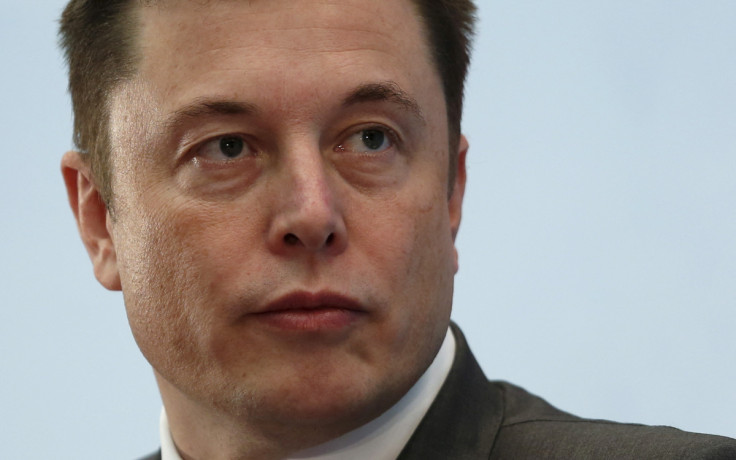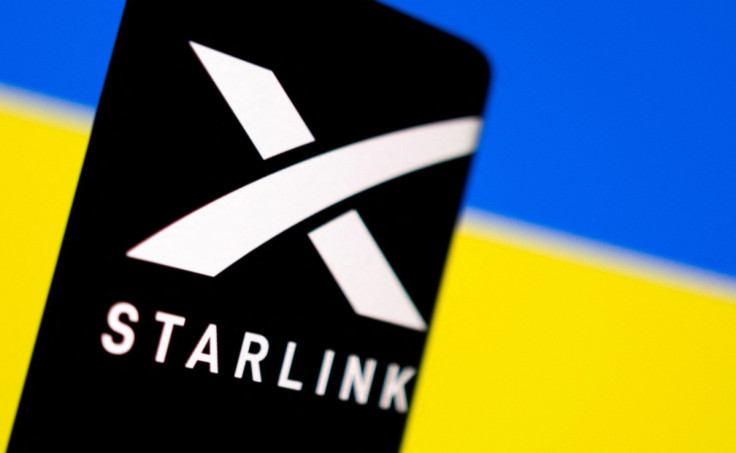Elon Musk Restricts Ukraine's Use Of Starlink To Avoid 'Enabling Escalation' Of World War 3

KEY POINTS
- SpaceX CEO Elon Musk reacted to the pleading of former NASA astronaut Scott Kelly
- Musk said SpaceX is the "communication backbone" of Ukraine
- Musk said SpaceX's satellite internet service was meant for private use
SpaceX CEO Elon Musk defended his space company's move to restrict its Starlink satellite internet service in Ukraine, arguing it aimed to prevent the Russian invasion from escalating into the Third World War.
Musk alluded to a tweet by former NASA astronaut Scott Kelly, urging him to restore the "full functionality" of the Starlink satellites in Ukraine.
"Ukraine desperately needs your continued support. Please restore the full functionality of your Starlink satellites. Defense from a genocidal invasion is not an offensive capability. It's survival. Innocent lives will be lost. You can help," Kelly said.
Musk, who also owns Twitter, responded: "Starlink is the communication backbone of Ukraine, especially at the front lines, where almost all other Internet connectivity has been destroyed."
"But we will not enable escalation of conflict that may lead to WW3," the billionaire added.
You’re smart enough not to swallow media & other propaganda bs.
— Elon Musk (@elonmusk) February 12, 2023
Starlink is the communication backbone of Ukraine, especially at the front lines, where almost all other Internet connectivity has been destroyed.
But we will not enable escalation of conflict that may lead to WW3.
In another tweet, Musk explained that SpaceX's services are "meant for private use" and that they have not exercised their "right to turn them off."
Musk's fear of the possible escalation in the Ukraine war stemmed from the remarks made by SpaceX President Gwynne Shotwell that Ukraine's military is using Starlink to control drones.
Shotwell said that Starlink was "never intended to be weaponized" and accused Ukraine of using the satellite internet services in other ways that are "not part of any agreement," Fortune reported.
"Ukrainians have leveraged it in ways that were unintentional and not part of any agreement," Shotwell said.
The SpaceX President noted that using their services for Ukraine's military to be able to communicate is "fine," but it is not their intention to use it for "offensive purposes."
SpaceX did not clarify the limitations implemented for Ukraine or whether they are still in place.
A company spokesperson told CNBC that it was in terms of service agreement for the U.S., noting that Starlink is not intended for offensive purposes.
"Starlink is not designed or intended for use with or in offensive or defensive weaponry or other comparable end-uses," according to the Starlink terms of service.
The SpaceX spokesperson said using the satellite internet for military warfare would violate U.S. export laws.
Mykhailo Podolyak, an adviser to Ukrainian President Volodymyr Zelensky, condemned SpaceX's action, challenging SpaceX to choose whether they are on the side of Ukraine or Russia.
This was not the first time Musk's SpaceX was embroiled in a controversy concerning the raging war in Ukraine.
In October, it was revealed that SpaceX sent a letter to the Pentagon saying it could no longer continue to provide Starlink to Ukraine due to growing operational costs.
SpaceX also asked the Department of Defense to take over its operation costs in Ukraine, claiming it would cost close to $400 million for the next 12 months.
But Musk appeared to have backtracked SpaceX's request, saying it would continue to provide its services in Ukraine for free despite losing money.

© Copyright IBTimes 2025. All rights reserved.






















